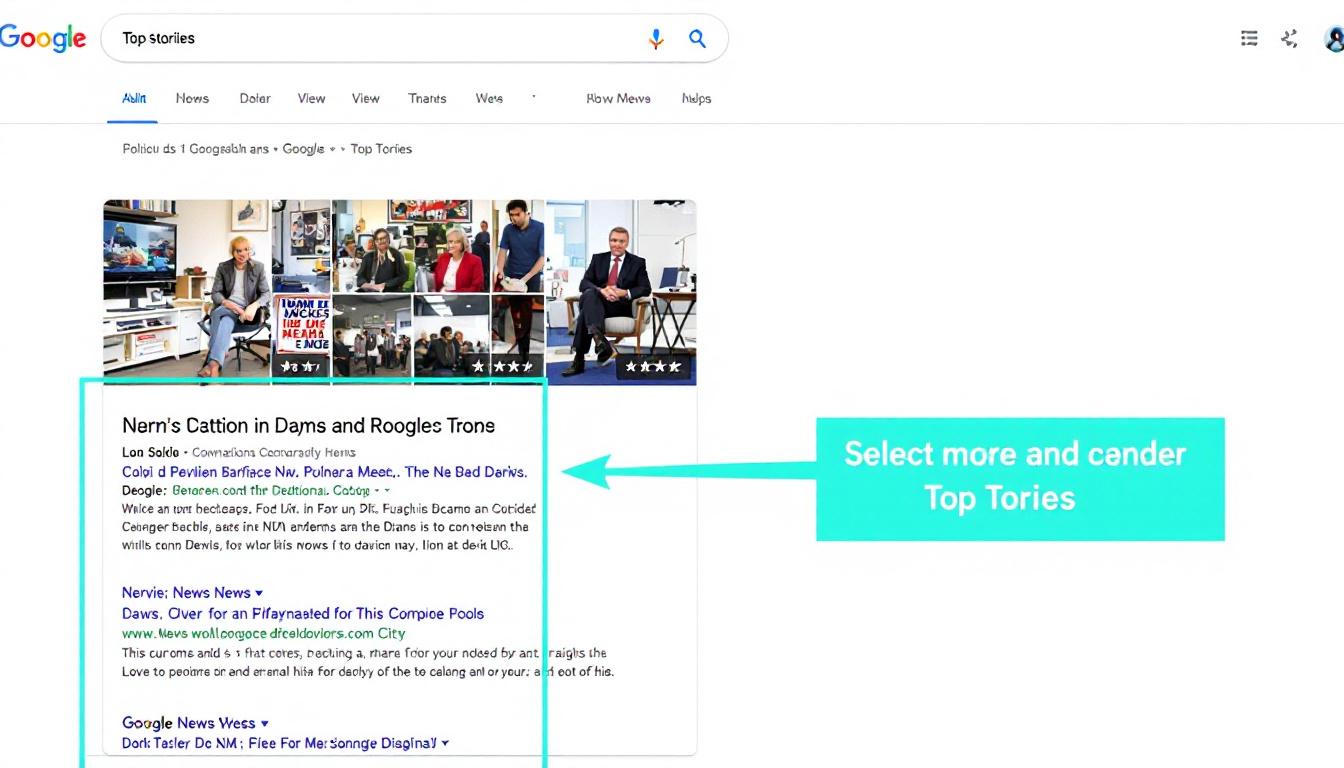Google is actively enhancing its search algorithms to better support small and independent websites, according to insights shared by Google’s Search Liaison Danny Sullivan at Search Central Live NYC.
DigitalOcean
DigitalOcean offers a variety of VPS hosting solutions perfectly suited for anyone seeking straightforward and budget-friendly computing power for their projects.
Sullivan addressed concerns about the dominance of large brands in search rankings and outlined actionable steps that smaller sites can take to improve their visibility and performance in search results.
Google Advocates for Independent Website Growth
During the Search Central Live NYC event, Danny Sullivan addressed the misconception that Google solely favors large brands, emphasizing Google’s commitment to elevating smaller, quality websites in search rankings.
Breaking the Brand Bias
Sullivan dismissed the notion that Google algorithmically prioritizes big brands, clarifying the efforts being made to ensure fair visibility for all sites.
When questioned about whether Google prefers well-known brands, Sullivan clarified that Google does not intentionally prioritize larger companies.
He acknowledged the perception but reinforced that Google’s primary goal is to serve relevant and high-quality content to users, regardless of the site’s size or brand recognition.
Support for Quality Content Creators
He further elaborated on initiatives undertaken by Google to assist small content creators in achieving better search performance.
Sullivan mentioned that Google has been dedicating considerable resources to understand and support the unique challenges faced by independent sites.
By engaging with the ranking teams and analyzing queries from small creators, Google is implementing changes aimed at enhancing the discoverability of high-quality, independent content.
These ongoing efforts underscore Google’s dedication to creating a more inclusive search environment where smaller sites have equal opportunities to reach their audience.
The Evolution of Google’s Algorithm
Sullivan discussed the complexities involved in refining search algorithms to accommodate a diverse range of independent sites, highlighting the incremental nature of these changes.
Tailoring Solutions for Diverse Content
Addressing the varied nature of independent websites, Sullivan explained why a one-size-fits-all approach is ineffective.
Given the vast array of topics and niches that independent sites cover, Sullivan emphasized that neither a single update nor a sweeping change can effectively enhance all sites simultaneously.
Instead, Google prefers making small, continuous refinements to better address the specific needs of different content areas.
Continuous Improvement Efforts
He highlighted recent steps taken by Google to enhance the search experience for independent site owners.
Sullivan pointed out that these incremental adjustments are part of an ongoing effort to stabilize and improve search rankings for independent sites.
By continuously monitoring and analyzing the impact of these changes, Google can iteratively refine its approach to better serve both users and content creators.
This method allows for more precise improvements that consider the unique characteristics and requirements of each independent site, ensuring that updates are beneficial and non-disruptive.
Building a Memorable Brand
Emphasizing the importance of brand recognition, Sullivan offered practical advice for independent site owners to make their websites more memorable and trustworthy.
The Role of Branding in SEO
Sullivan linked brand recognition with improved search performance, suggesting that a strong brand presence can positively influence rankings.
While brand cultivation isn’t directly a ranking factor, Sullivan explained that recognizable brands tend to generate stronger search signals.
A memorable brand can lead to more direct searches, referrals, and user trust—all of which contribute to better search performance.
Strategies for Enhancing Brand Identity
He provided specific tactics that site owners can employ to strengthen their brand presence.
According to Sullivan, having a well-designed domain name, logo, and consistent visual elements can make a site more recognizable. Additionally, creating unique and engaging content helps in establishing a distinct identity that resonates with users.
Implementing these branding strategies makes it easier for users to remember and return to the site, thereby increasing loyalty and direct traffic.
Distinguishing Your Site for Better Visibility
Sullivan discussed the significance of setting a website apart from the competition, highlighting how unique narratives and user experiences can enhance search performance.
Creating a Unique Site Narrative
He stressed the importance of conveying a clear and unique story about the site to engage visitors effectively.
Sullivan advised site owners to develop a distinct narrative that clearly communicates who they are and what they offer.
This goes beyond standard bios and involves crafting a story that makes the site stand out to first-time visitors.
Enhancing User Trust through Clarity
Emphasizing transparency, Sullivan suggested methods to build trust with users encountering the site for the first time.
By providing clear information about the site’s purpose and the people behind it, independent sites can foster trust and encourage users to engage more deeply.
This clarity not only benefits user experience but also aligns with Google’s objective to direct users to trustworthy and satisfying content.
Sullivan concluded that when users can easily understand and trust a site, it not only improves their experience but also reinforces positive search signals, contributing to better rankings.
Key Takeaways from the Event
Summarizing the main points discussed by Sullivan, this section encapsulates the core strategies for independent sites to enhance their search performance.
Focus on Reader-Centric Design
Sullivan recommended prioritizing the needs and preferences of site visitors in all design and content decisions.
He encouraged site owners to design their websites with the reader in mind, ensuring that every element serves to enhance the user experience.
This approach not only benefits visitors but also aligns with Google’s search objectives.
Aligning with Google’s Search Goals
Emphasizing the importance of aligning site improvements with Google’s intent to provide valuable content to users.
Sullivan reiterated that by focusing on creating satisfying and meaningful content for readers, independent sites inherently align with Google’s aim to deliver high-quality search results.
This natural alignment fosters better search performance over time.
The Bottom Line
At Search Central Live NYC, Google reaffirmed its dedication to supporting independent websites in achieving better search visibility.
By implementing strategies focused on strong branding, unique narratives, and reader-centric design, small and independent sites can enhance their performance in search results.
Danny Sullivan’s insights highlight that while algorithm changes may be incremental, the commitment to fostering a diverse and equitable search ecosystem remains steadfast.
Independent site owners are encouraged to focus on what makes their sites unique and valuable to users, aligning their efforts with Google’s overarching goal of delivering the best possible search experience.








